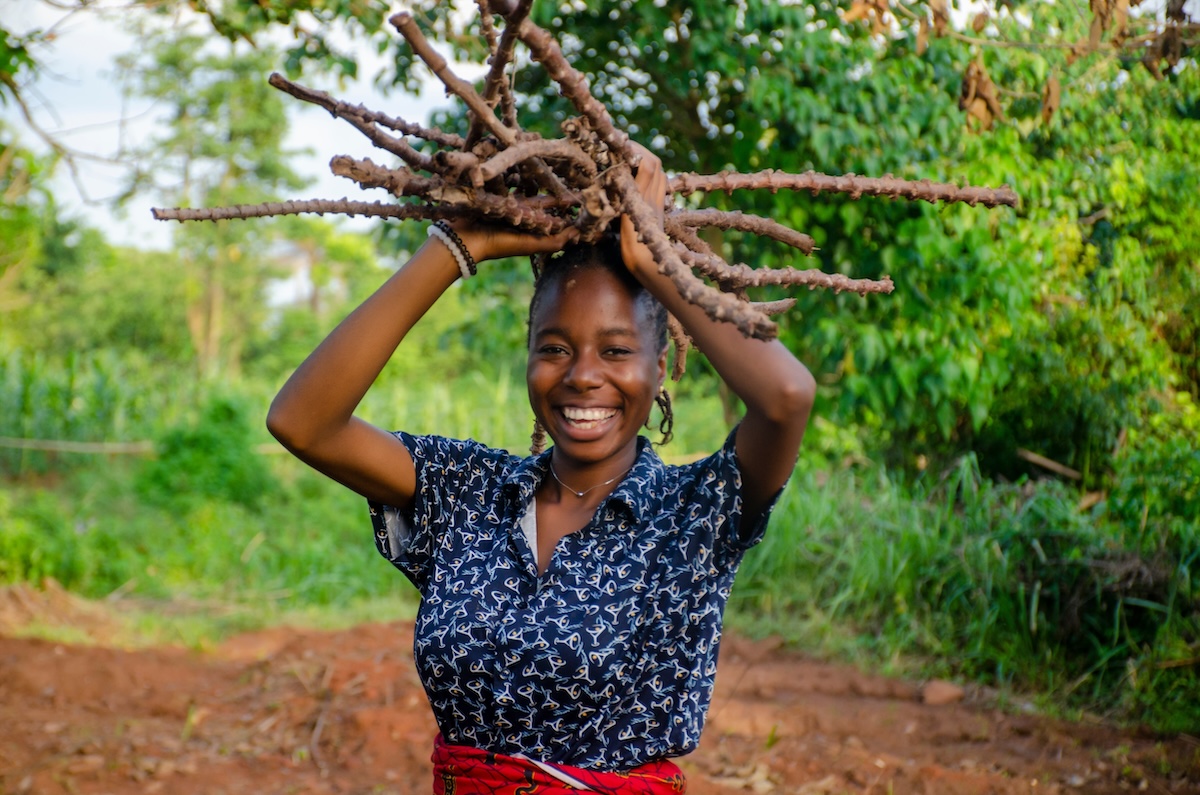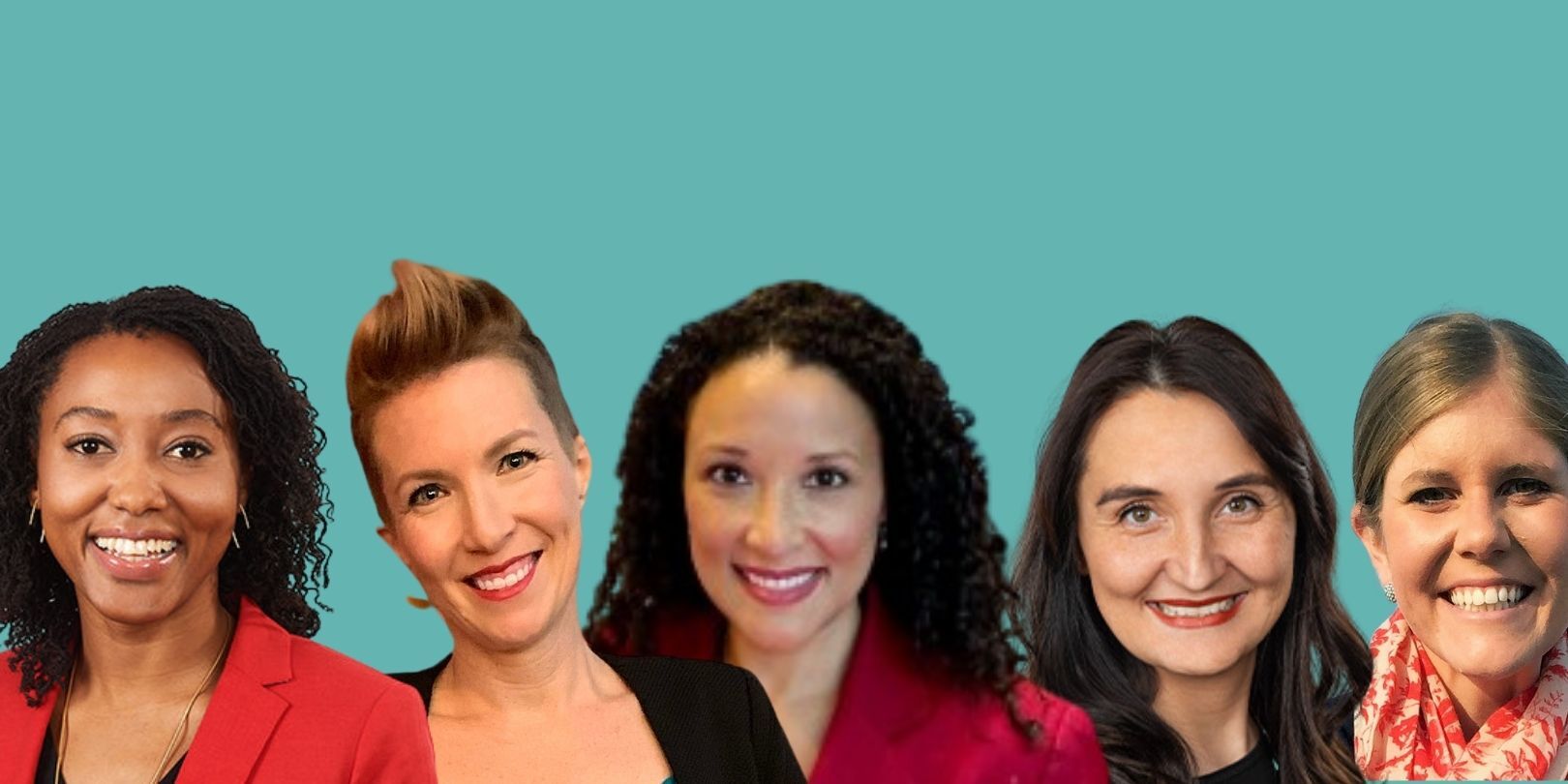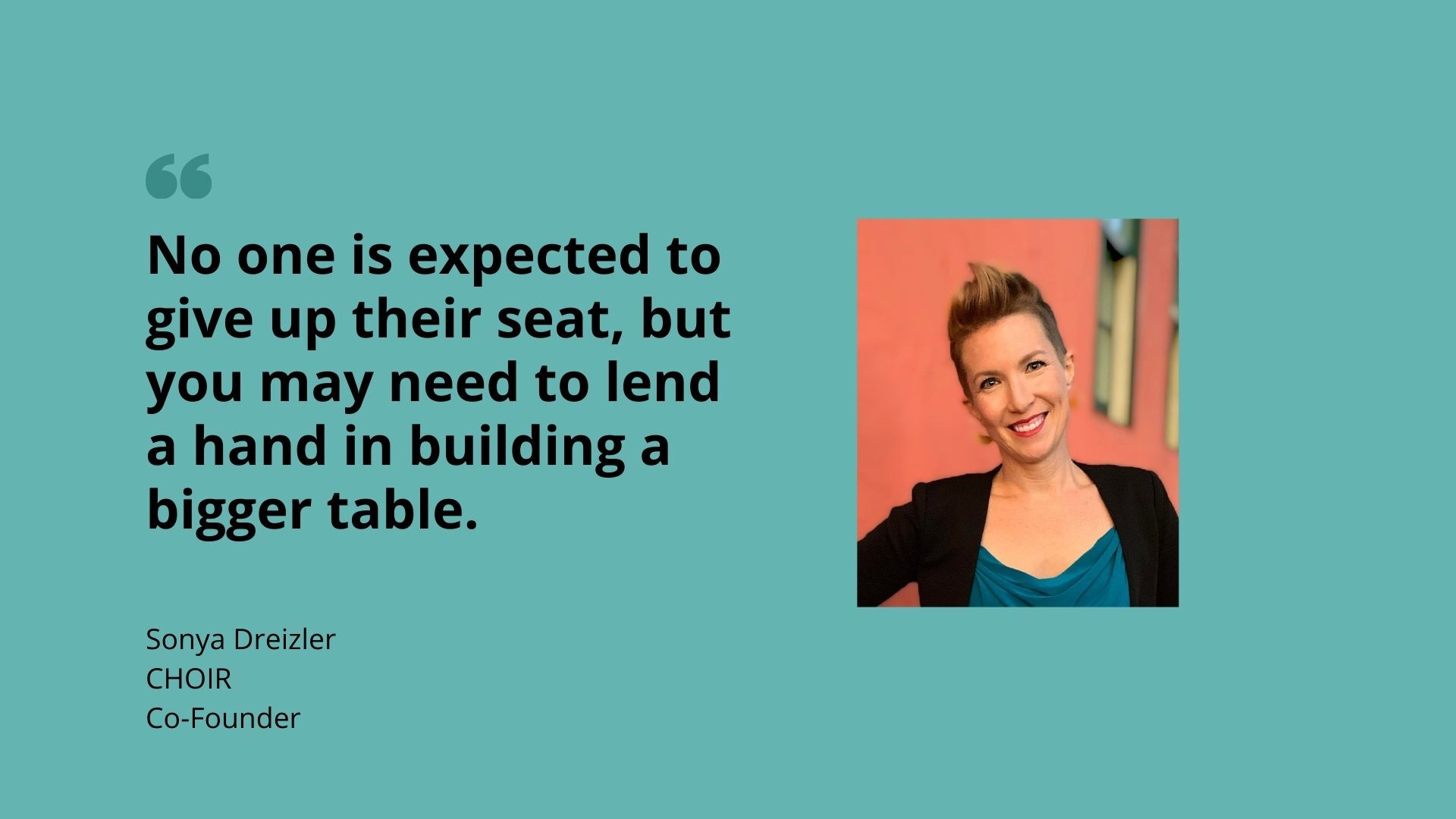The abandoned Don Pedro de Mendoza Power Plant in Buenos Aires’ La Boca neighborhood has been revived as a cultural hub and “arts powerhouse.”
Under the sky-high ceilings and towering arches of the Usina del Arte, Latin America’s gender-lens investors gathered last week at the GLI Forum Latam to unlock the value of another underutilized asset: Women.
In the pursuit of women’s economic empowerment, “Pro Mujer will not yield,” declared Pro Mujer’s Carmen Correa to open the forum. “I will personally not yield, either.”
On the gender-lens agenda: More women in leadership roles, more gender-smart fund strategies and more financial innovation to bring more women into the formal economy.
Pro Mujer, which tapped the public bond markets in Argentina twice last year, is moving to issue new gender bonds in Bolivia and Nicaragua, Correa told ImpactAlpha. “Set your own agenda, or someone else will set it for you,” Correa said, citing Melinda French Gates.
More than 1,200 attendees from Latin America, the US, Europe and Asia joined the gender-lens investing forum, more than double last year’s count. Since taking the helm of the social enterprise in 2022, Correa has stepped up calls for investors, government and companies to put women on their agenda – and elevated Latin America’s leadership in gender-lens investing. “What we are trying to achieve, it’s a change in culture,” said Correa.
Gender plus
Fund managers in the region are looking for impact and alpha opportunities at the intersection of gender and health, the care economy, workforce and climate.
Bogotá-based EWA Capital, led by Patricia Saenz, is nearing the close of its gender-smart tech fund to address socio-economic inequality in the region.
Circulate Capital is bringing a gender lens to recycling and other circular economy deals through its new $66 million strategy in Latin America. Canadian fund manager Deetken Impact is readying its sixth impact fund to advance gender equality and climate action in Latin America and the Caribbean.
Asset owners are paying attention.
With earlier investments in funds including Denmark-based Unconventional Ventures and US-based Supply Change Capital, Heading for Change, the legacy project of gender lens pioneer Suzanne Biegel and her husband Daniel Maskit, is on the hunt for Latin America-focused managers investing at the intersection of climate and gender.
“These are systemic issues that are interconnected,” said Heading for Change’s Sana Kapadia. The gender-climate nexus “is about mitigating risk and looking for opportunities.”
Bárbara Auricchio of CAF, the development bank of Latin America and the Caribbean, spoke of the bank’s new gender mandate, including financing for women-led small businesses, structured gender bonds, risk-taking tools such as guarantees. Elizabeth Boggs Davidsen of the US International Development Finance Corp. said almost half of the DFC’s investments now align with the 2X Initiative criteria for gender lens investing.
The $20 million Linked Foundation, which will complete a two-decade long spend down strategy next year, has built a wide-ranging portfolio of catalytic investments in women’s health funds and social enterprises in Latin America and the US. Among them: early investments in Mexican diabetes-care enterprise, Clínicas del Azúcar, maternal health clinics Reina Madre and eye care company Sala Uno, as well as impact funds including Global Partnership, Root Capital, and MCE Social Capital. Linked is now an early investor in New Ventures’s Empodera fund.
Growth market
To bring more women into Latin’s America’s formal economy, financial institutions are building financial products tailored to women. Kiva, for example, has found that its retail investors have a greater appetite for risk, allowing the crowd lender to reach clients made up of more than 80% women.
Belgian impact fund Incofin Investment Management helps microfinance and smallholder farmer banking clients in Central America provide climate insurance to build resilience. In Bolivia, BancoSol has added a digital payments app to its integrated financial solutions for women that include credit, insurance and savings.
In Argentina, Matías Kelly of Sumatoria blended philanthropic capital with a market-rate debt fund to be able to lend to women-led small businesses at reduced rates while delivering adequate returns to investors.
Google.org has backed Pro Mujer with $10 million and named Correa one of seven of global “leaders to watch.” Visa Foundation has provided $3 million to the social enterprise.
Other companies also are looking to local gender-lens investors to reach women as customers, clients and business owners.
“With the digital revolution, it is possible communities are left behind,” said Visa Foundation’s Payal Pathak, who was joined by Samantha Hennessey of Google.org, Laura Reyna of TikTok and Guadalupe Marin of the Latin American e-commerce platform Mercado Libre. “We need to make sure we’re accessing communities with these tools so they’re not left behind.”
Disclosure: Pro Mujer supported ImpactAlpha’s participation in GLI Forum Latam.











